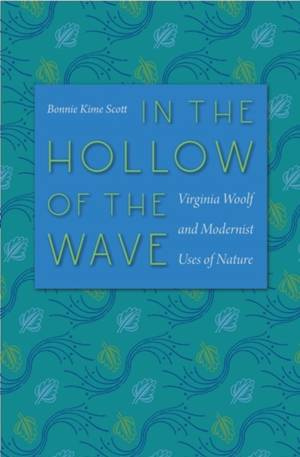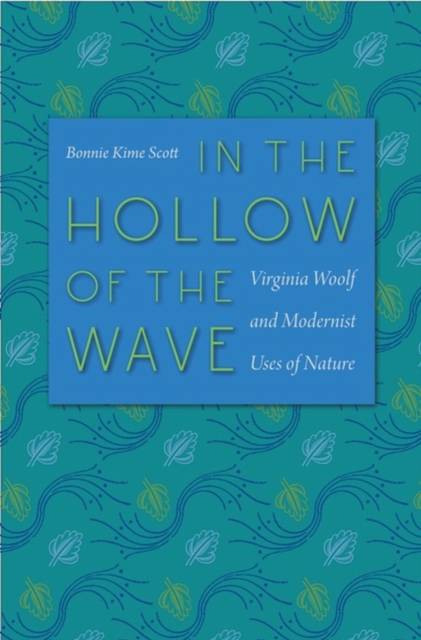
- Afhalen na 1 uur in een winkel met voorraad
- Gratis thuislevering in België
- Ruim aanbod met 7 miljoen producten
- Afhalen na 1 uur in een winkel met voorraad
- Gratis thuislevering in België
- Ruim aanbod met 7 miljoen producten
In the Hollow of the Wave
Virginia Woolf and Modernist Uses of Nature
Bonnie Kime ScottOmschrijving
Examining the writings and life of Virginia Woolf, In the Hollow of the Wave looks at how Woolf treated "nature" as a deliberate discourse that shaped her way of thinking about the self and the environment and her strategies for challenging the imbalances of power in her own culture--all of which remain valuable in the framing of our discourse about nature today. Bonnie Kime Scott explores Woolf's uses of nature, including her satire of scientific professionals and amateurs, her parodies of the imperial conquest of land, her representations of flora and fauna, her application of post-impressionist and modernist modes, her merging of characters with the environment, and her ventures across the species barrier.
In shedding light on this discourse of Woolf and the natural world, Scott brings to our attention a critical, neglected, and contested aspect of modernism itself. She relies on feminist, ecofeminist, and postcolonial theory in the process, drawing also on the relatively recent field of animal studies. By focusing on multiple registers of Woolf's uses of nature, the author paves the way for more extended research in modernist practices, natural history, garden and landscape studies, and lesbian/queer studies.
Specificaties
Betrokkenen
- Auteur(s):
- Uitgeverij:
Inhoud
- Aantal bladzijden:
- 288
- Taal:
- Engels
Eigenschappen
- Productcode (EAN):
- 9780813932606
- Verschijningsdatum:
- 23/05/2012
- Uitvoering:
- Hardcover
- Formaat:
- Ongenaaid / garenloos gebonden
- Afmetingen:
- 157 mm x 234 mm
- Gewicht:
- 521 g

Alleen bij Standaard Boekhandel
Beoordelingen
We publiceren alleen reviews die voldoen aan de voorwaarden voor reviews. Bekijk onze voorwaarden voor reviews.












